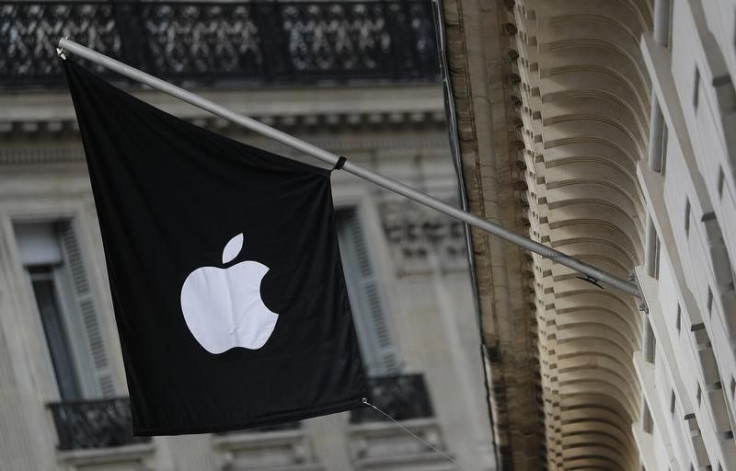EU Probe Of Apple’s Tax Affairs In Ireland Won’t Conclude Any Time Soon

The European Union’s antitrust chief has warned that a quick decision is unlikely in the ongoing investigation into the tax affairs of Apple and Amazon in Europe.
When asked about when to expect a result from the investigation into Apple, as well as an investigation into Amazon, EU competition chief Margrethe Vestager told Bloomberg Monday: “Don’t hold your breath. I’m just warning you.” Apple is under investigation for its tax affairs in Ireland, where it has its European headquarters, while Amazon’s tax affairs in Luxembourg are under scrutiny.
The European Commission opened an investigation into Apple in 2014 to look into the possibility that the company had reached a special arrangement with the Irish government so that it would pay significantly less tax. Estimates of how big a tax bill Apple could be facing if the outcome is negative vary between $8 billion, according to Bloomberg Intelligence, and $19 billion, according to JPMorgan Chase.
Apple is taking the investigation seriously and in January CEO Tim Cook met personally with Vestager in Brussels at the same time that Ireland’s Prime Minister Enda Kenny was defending Ireland’s role by calling accusations that the country was a tax haven for Apple “false and baseless.”
Apple pays a foreign tax rate of only about 1.8 percent while earning about 55 percent of its total revenue outside the United States, according to the Bloomberg analysis. But if the commission rules its accounting practices violate EU rules, Apple could be on the hook for a 12.5 percent tax on $65.1 billion in profit made from 2004 to 2012.
Another major U.S. tech firm, Google, was recently the center of attention over its tax affairs in Europe, settling a decade-old tax bill with the U.K. government by paying $185 million to the tax authorities, a figure some described as “derisory.”
Facebook last week announced it would be changing the way it reported profits in the U.K., which will mean the social network will likely pay millions more in tax from next year on.
© Copyright IBTimes 2024. All rights reserved.












